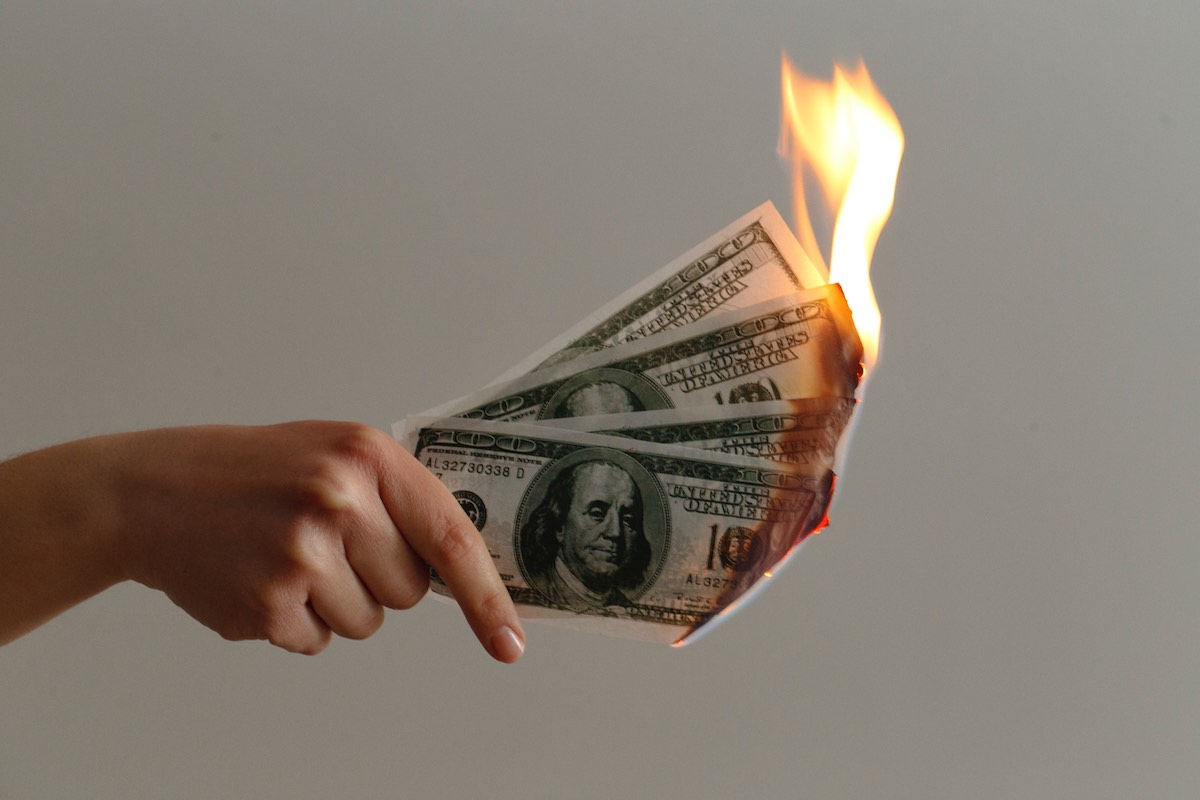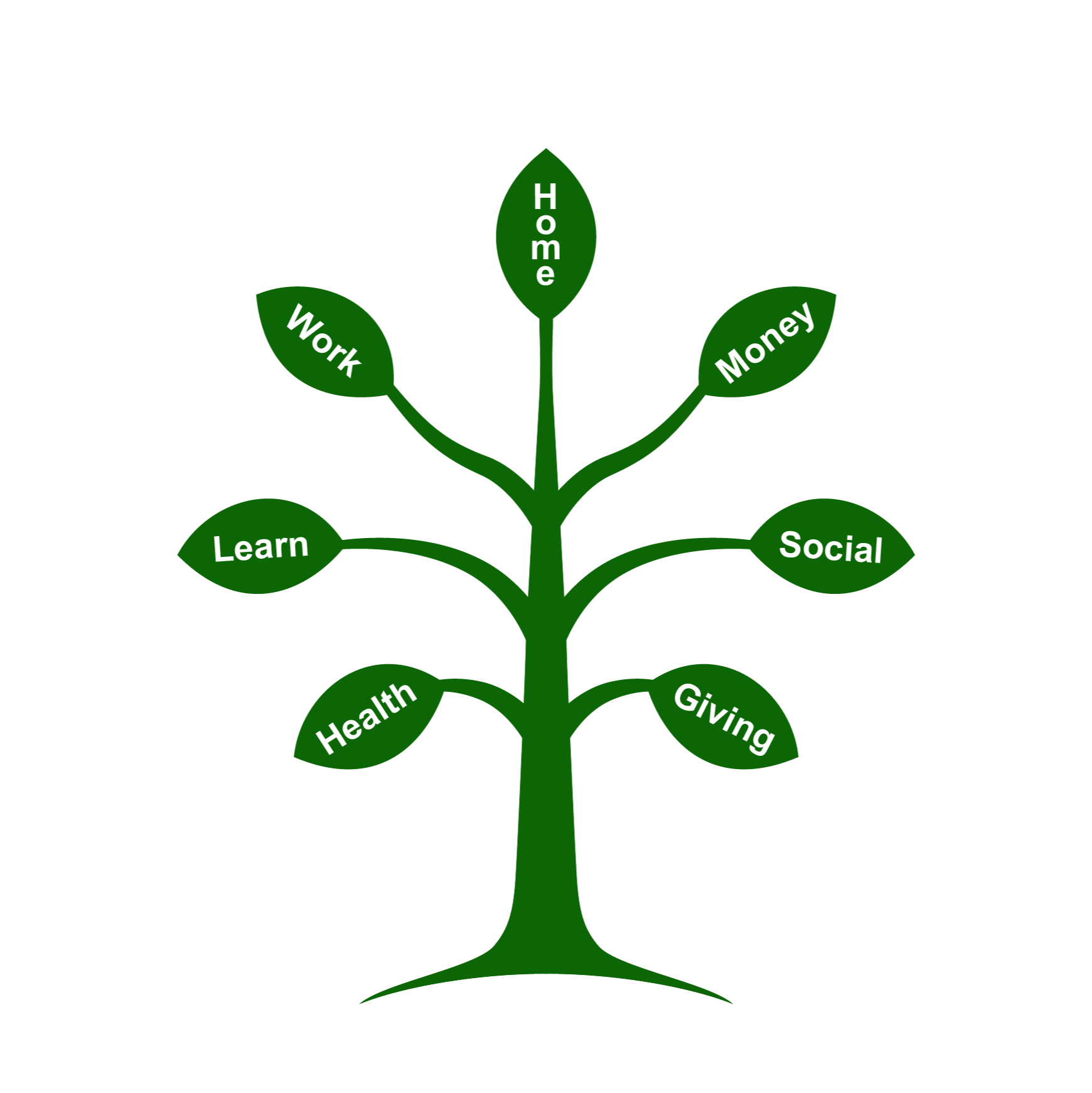Inflation and Interest Rates Are Up — Here Are 7 Financial Moves to Consider

We’re currently in a period of historic inflation that’s spurred a series of aggressive interest rate hikes by the Fed in an effort to stabilize prices. And this one-two punch is a double-edged sword for consumers. Nobody likes paying more at the grocery store, and rising interest rates impact credit card purchases, new and adjustable-rate mortgages and car loans. But there are also some opportunities to be found.
So what financial moves should you be thinking about in this economic climate?
- Shop your savings. If you haven’t checked the going rates on savings accounts in a while, you may be pleasantly surprised. Rising interest rates also mean higher returns for savers, so research what’s available both at both brick-and-mortar banks and online high-yield accounts. Just be sure wherever you put your money, it’s FDIC insured.
- Tighten your belt. With everything costing more, looking for savings opportunities can help ease budgetary stress. Try to eat in a few more nights a week, buy groceries seasonally and in bulk, and cut back on discretionary spending (just for a while). But don’t cut back on retirement savings and insurance coverage, as they’re both foundational to your long-term financial wellness.
- Check credit card rates. Unlike a fixed-rate mortgage, interest rates for revolving credit lines can change. So check your statement or call your creditors and ask about your current rate. If you’ve seen an increase, request that they lower it — or consider shopping around elsewhere for a better deal.
- Bolster your emergency fund. Higher prices for everything means your costs will increase across-the-board should you lose your job. So it’s a wise move to pad your emergency savings when prices are elevated.
- Reevaluate investments. Generally speaking, higher interest rates can be a drag on stocks. And that could mean a shift in strategy may be called for. But don’t make any rash moves and lock in paper losses. A better bet is to talk to a qualified financial advisor to see what makes sense in your situation.
- Pay down variable interest debt. Unfortunately, rate increases during periods of inflation can mean the things you’ve already purchased will get more expensive when you factor in finance charges. Prioritize paying down, or even eliminating, debt from your credit cards and home equity lines of credit if at all possible.
- Call your insurer. If it cost more to replace or repair your home, car or possessions, that may mean you’re now underinsured — which is a dangerous place to be. This is a good time to dial up your agent to check in on your coverage limits and make any adjustments if necessary.
Most importantly, try not to panic. Periods of higher and lower inflation, as well as rising and falling interest rates, are parts of normal economic cycles. They can cause some short-term discomfort, but historically the pain has always been temporary. So keep a cool head, because, if history tells us anything, it’s that this too shall pass.
Source


